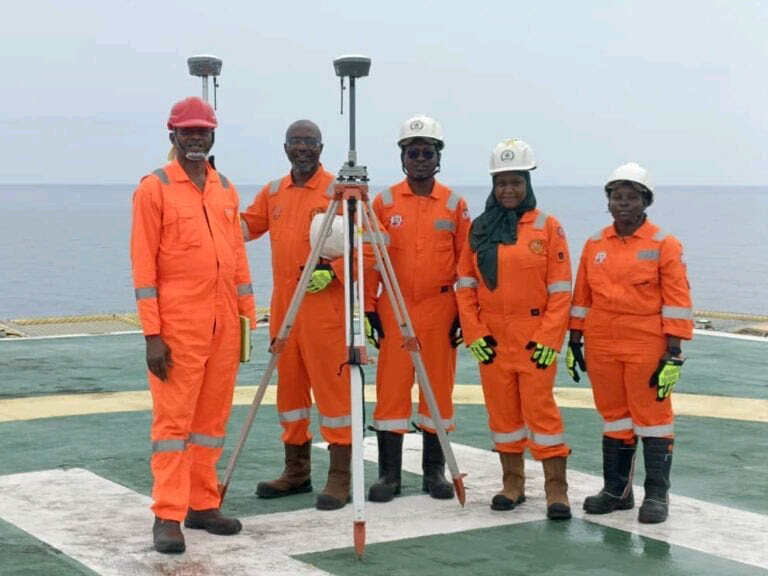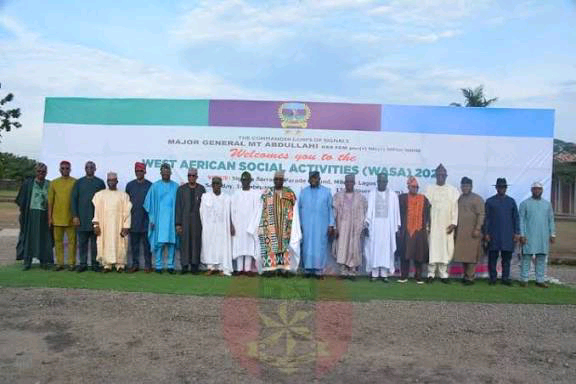Borno’s Monguno Garrison Town Becomes Safe Haven Amid Renewed Jihadist Attacks
From above, Monguno resembles a fortified island in a vast desert, with deep defensive trenches slicing through the sand, enclosing a town that has become a critical refuge for thousands fleeing relentless jihadist violence in northeastern Nigeria.
Despite a surge in insurgent attacks across Borno and parts of Yobe State, Monguno has remained largely secure. Its heavy military presence and well-established fortifications have turned it into one of the last bastions of safety in a region scarred by a brutal 16-year war.
Jihadist factions, notably the Islamic State West Africa Province (ISWAP) and Boko Haram, have intensified their operations in recent months, targeting military installations and overrunning several army bases. So far this year, over a dozen such attacks have been reported across the northeast a troubling sign that the insurgency, while weakened, remains far from over.
“Monguno is holding firm, but the pressure around us is real,” said a military source who spoke on condition of anonymity. “We’ve seen attempted incursions, but the defences here are solid, and our men are vigilant.”
The resurgence of jihadist violence comes despite government claims of significant gains against the insurgents.
Since the peak of the conflict in 2015, when Boko Haram controlled swathes of territory and launched widespread attacks,
Nigerian forces with regional and international support have pushed the militants back into remote enclaves.
However, security analysts warn that the shift from territorial control to guerrilla-style raids and ambushes has made the threat more unpredictable and harder to contain.
Civilians continue to bear the brunt of the violence. In recent months, thousands have fled from rural communities in Marte, Kukawa, and Geidam following attacks on their villages. Many of these displaced people now seek shelter in Monguno, crowding camps and stretching already limited resources.
“We left everything behind when the shooting started,” said Hauwa, a mother of four who fled from the outskirts of Marte. “Monguno is the only place we feel somewhat safe.”
The Nigerian Army has increased patrols and aerial surveillance in key hotspots while maintaining strategic defensive positions in Monguno and other military controlled towns.
Nonetheless, aid agencies are raising alarms about the growing humanitarian needs and the risk of further displacement if the violence persists.
“Security is only one piece of the puzzle,” said a UN official based in Maiduguri. “Food, shelter, and psychological support are desperately needed for people fleeing the fighting.”
As Monguno holds the line in the northeast, its role as a haven underscores both the resilience of Nigeria’s military and the ongoing humanitarian crisis in the region — a crisis that shows no signs of ending soon.







